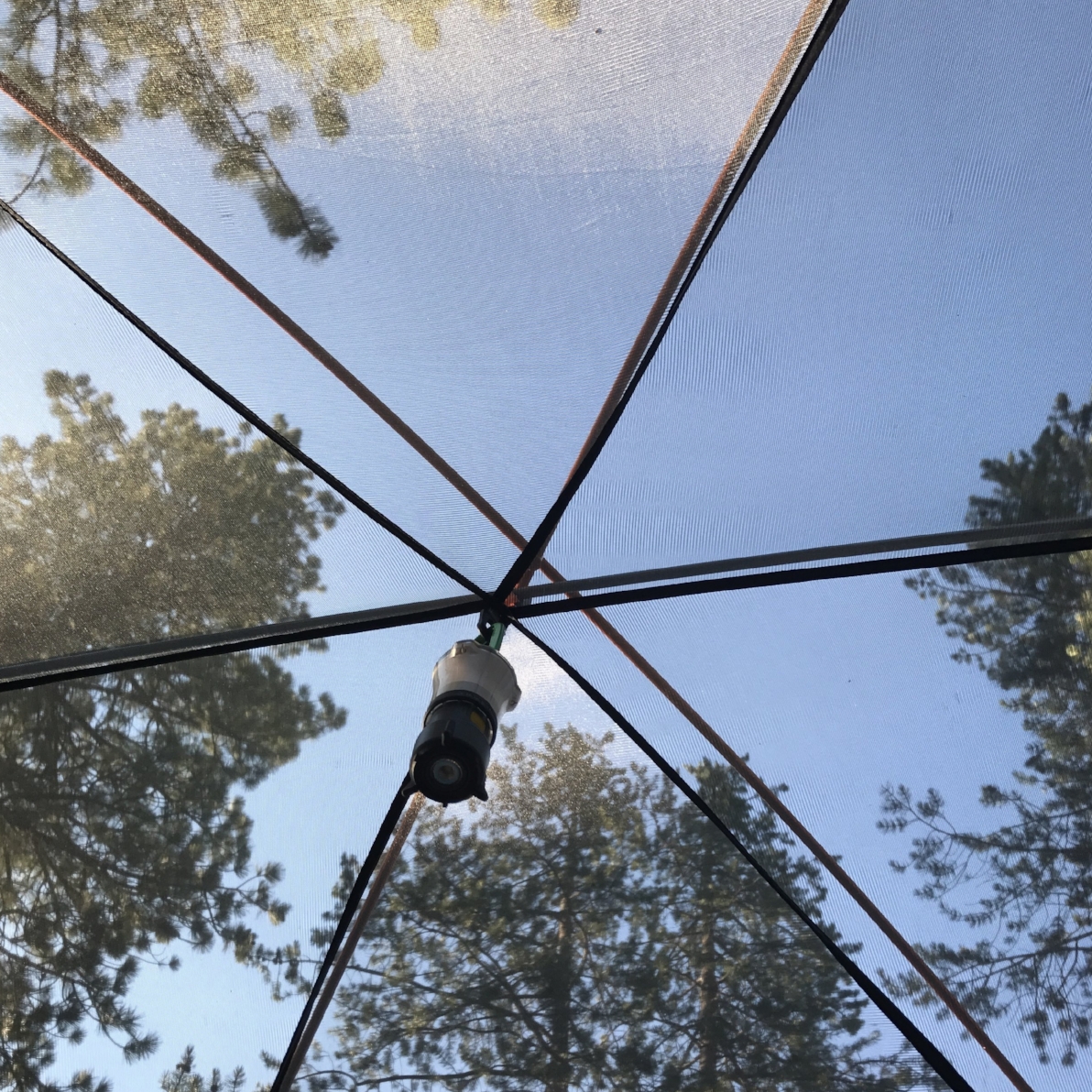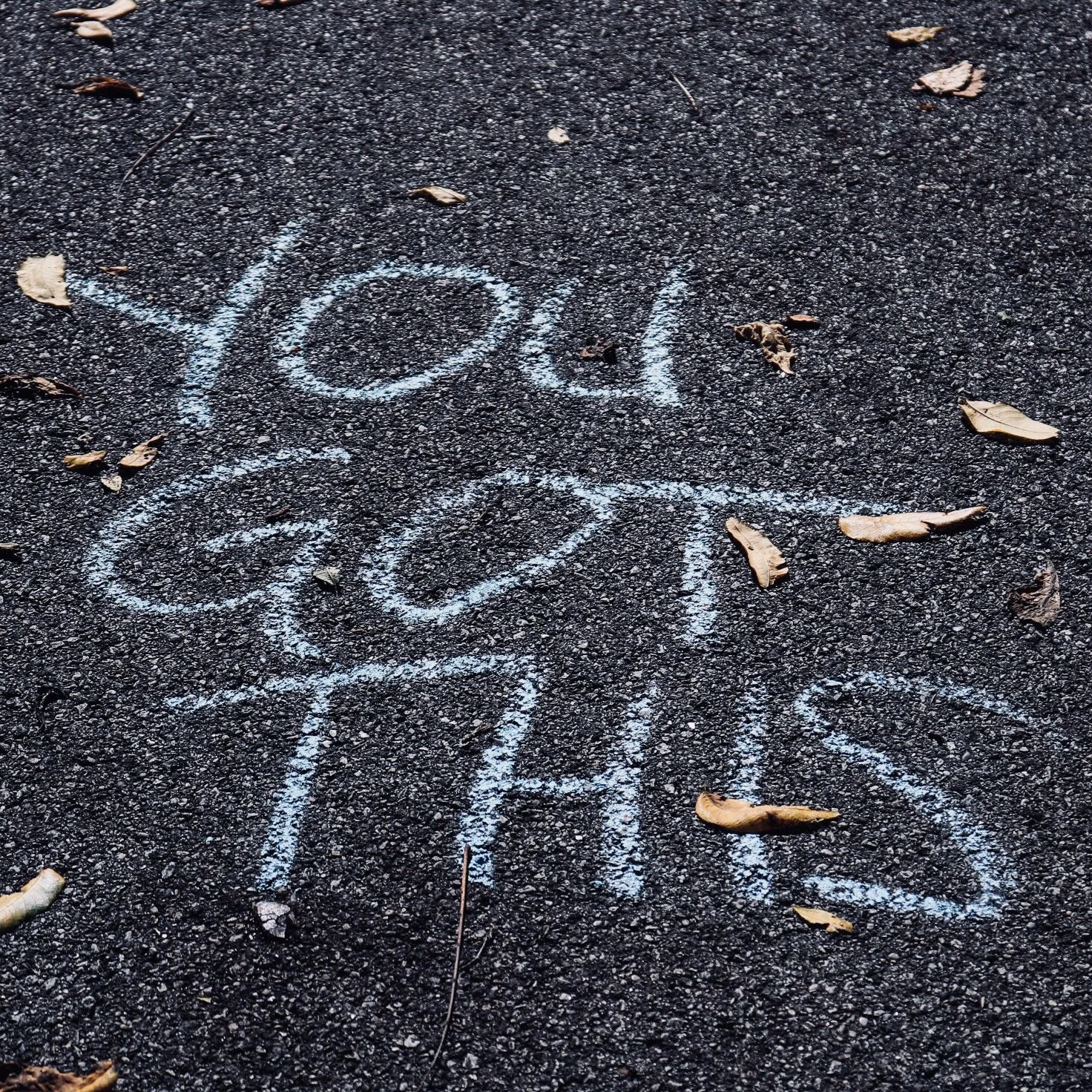Falling (not forcing) into place
When things fall into place, they go down easy. But when they don't, we hammer away anyway, losing the shreds of ourselves that don't fit.
It’s human nature I suppose. We fix on an idea and then do everything in our power to prove we are right. Being wrong is sloppy and disconcerting. It calls our intelligence into question. It means we can't predict.
Flying blind is wicked hard—especially for those of us who were raised to do tricks for A’s in school. And tricks for promotions at work. We may even have tried this in love.
I’m a trick-performing force-fitter from way back. But at least I know that now.
For about a year, I worked with an executive coach. Though we focused only on my role as a leader within a chaotic system, and worked only by phone, he immediately saw the double bind I had created for myself.
Captive to the need to please and the need to know, I had lost touch with my intuition.
Evidently this happens a lot. Especially to women.
To thrive, I would have to let go of my thinking mind and surrender my defenses. In my brain that made sense, but I didn't have any idea how to do it. So Earl assigned a book for me to read—Going to Pieces Without Falling Apart: a Buddhist Perspective on Wholeness—the 1998 classic by the psychotherapist Mark Epstein.
But then I left my job and traveled for the summer. I started my business and my blog. I still hadn't read the book.
But we learn when we are ready to. And I am ready now.
“It’s a paradox of self-discovery that we can know ourselves only by surrendering into the void,” Epstein wrote.
"When we are afraid to relax the mind’s vigilance, we tend to equate floating with drowning and we start to flounder. In this fear, we destroy our capacity to discover ourselves in a new way."
If fear and force of habit have prevented progress in the past, how can I learn this lesson once and for all?
How do we practice this surrender thing?
Epstein says we have to transcend our well-developed, Western-style ego and "set ourselves adrift." We have to "be nobody."
Being nobody lets us out of the cages of our own making.
If we reject our careers and our habits as our defining qualities, we are free to connect with our true selves.
We can welcome whatever, whoever, and wherever comes next.
We can put away the crystal ball and embrace our moments of unknowing.
We can let things fall—or float—into place.







